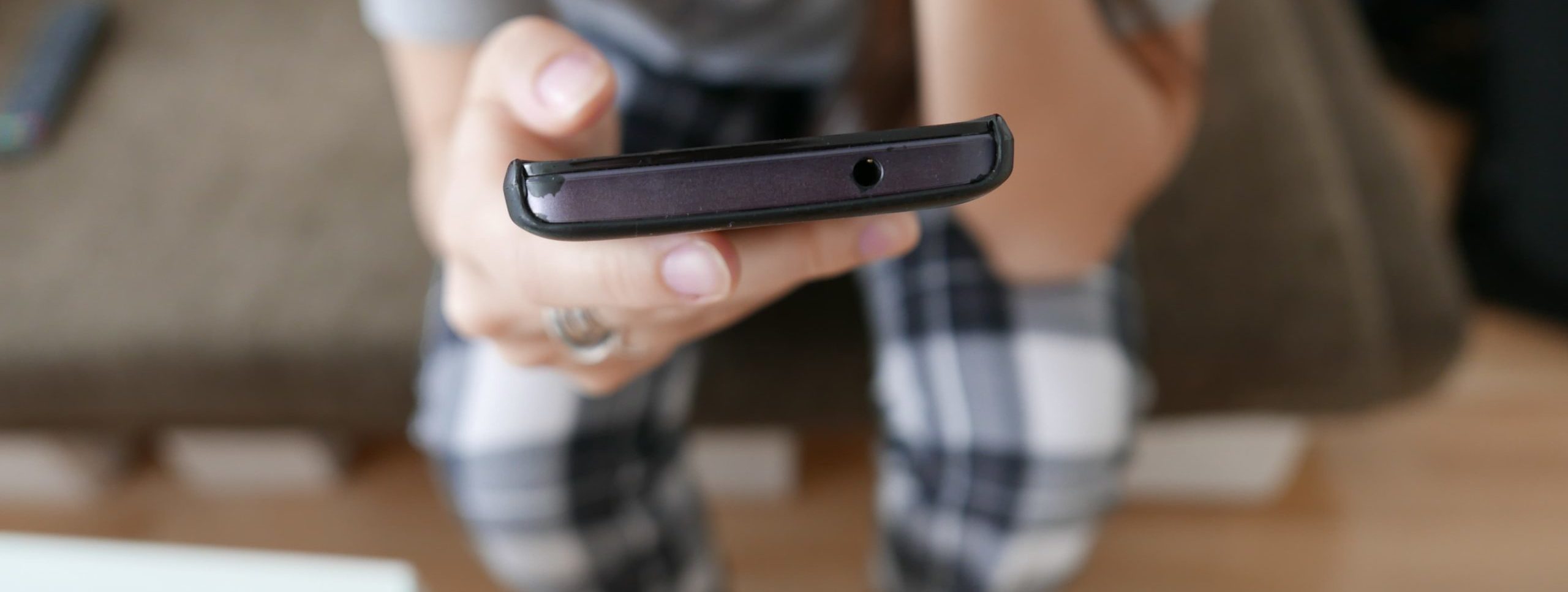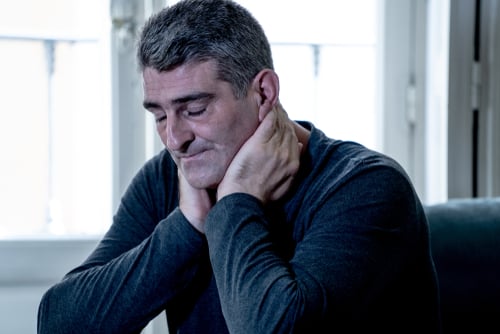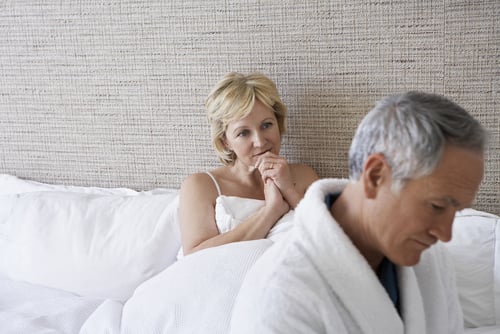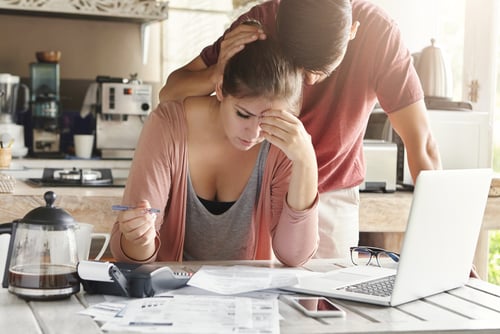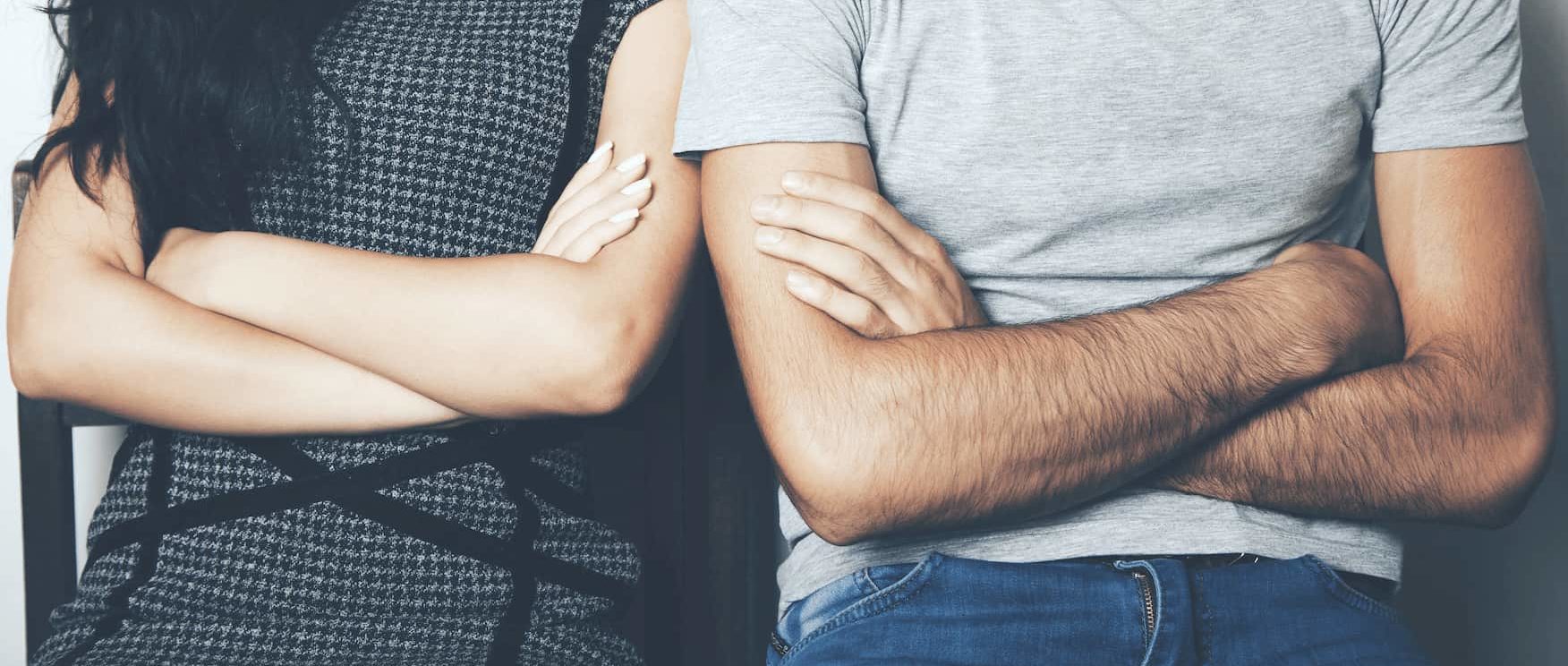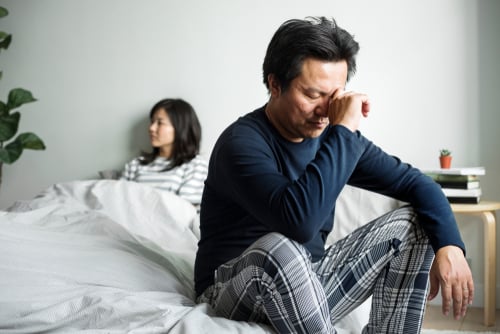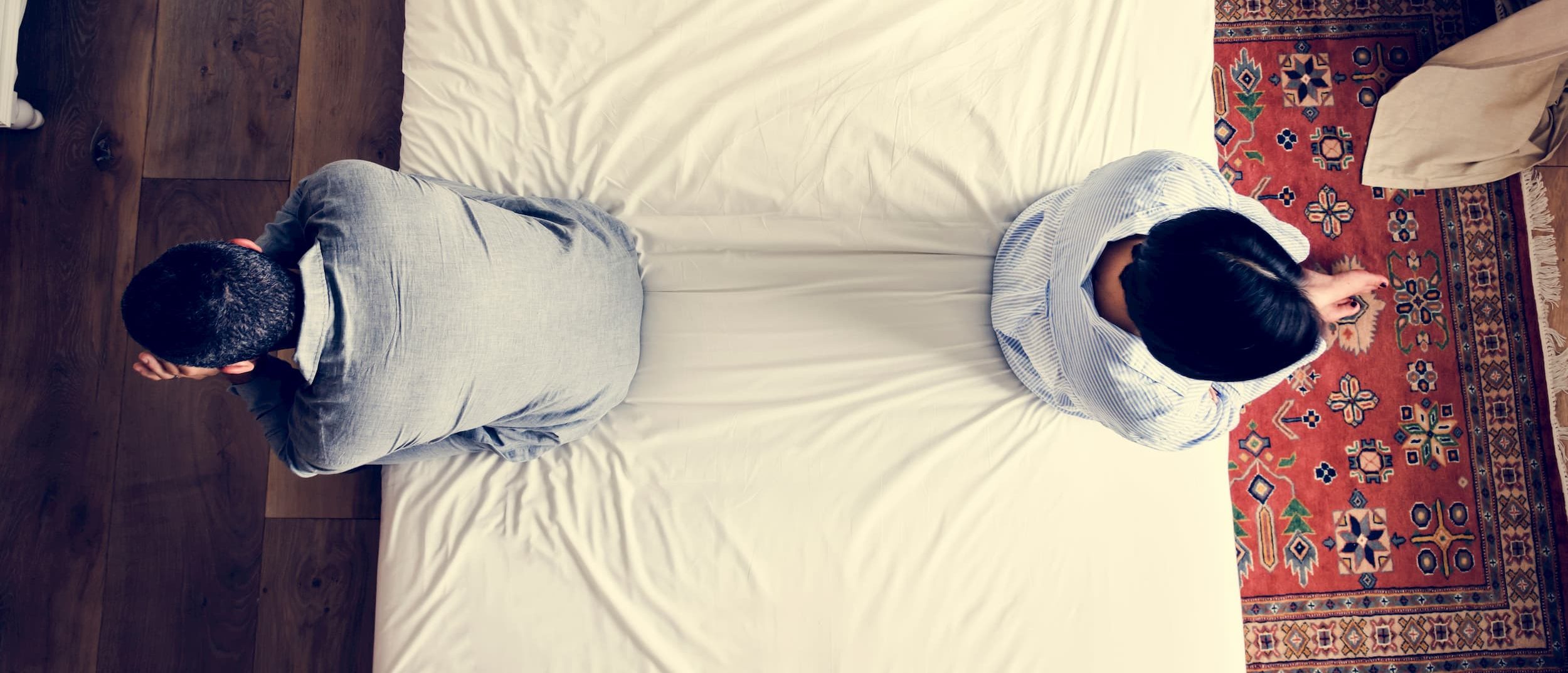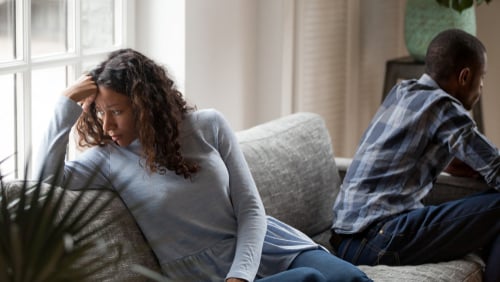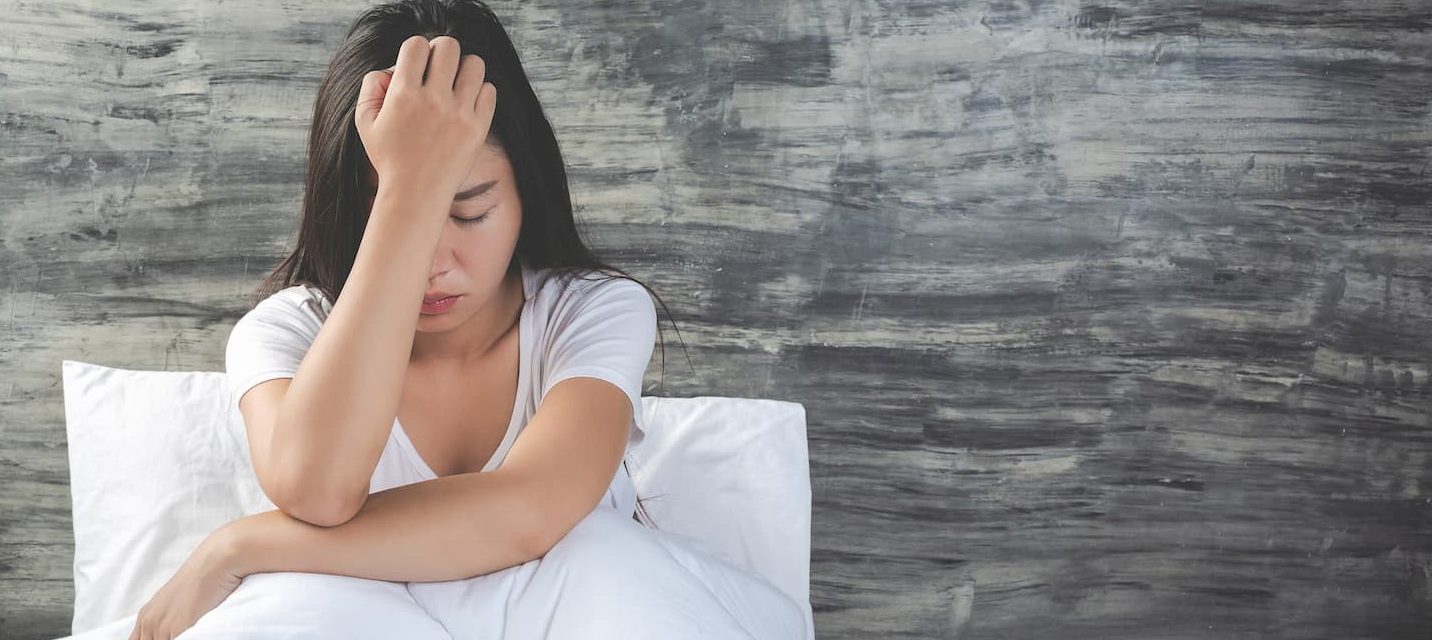Many modern relationships, if not most of them, start on the internet. While online dating and relationships weren’t always as popular as they are today, they have become increasingly common, especially in the present circumstances when many of us are unable to be close to the people we care about.
If you need help recognizing red flags of online dating, seeking advice from a remote relationship coach may be exactly what you need. Read on to discover expert insights about maintaining online and long-distance relationships.
Can Online Relationships Work?

Despite the exceptional popularity of online dating, many people still wonder whether such relationships can actually be worthwhile. Just like any other relationship, being close to someone online comes with its own set of problems and challenges.
If two people are committed to each other and willing to work on the relationship, then physical distance won’t present an insurmountable challenge. With dedication and trust, you and your partner can keep your long-distance relationship happy and healthy. Nevertheless, there’s no denying that maintaining intimacy online is hard work, and not all couples are equally willing or capable to commit to such a relationship.
Can Distance Kill A Relationship?
While remote relationships can definitely work if the commitment is there, that doesn’t mean that things can’t go wrong. Here are some negative aspects of long-distance dating:
- Physical intimacy may be a problem. While emotional intimacy is a crucial part of any relationship, being physically intimate has its own role to play. If you and your partner are unable to work on that aspect, you may start to harbor feelings of bitterness and dissatisfaction.
- Your partner may not be as committed as you are. Not all relationships are equal. While you may be ready to go to great lengths to make things work, your partner may not feel the same. If you suspect that may be the case, speak with your partner openly.
- Your social life might suffer. If you can’t spend enough time with your friends because of the obligations that your long-distance relationship entails, you may start to feel bitter and resentful towards your partner.
- Communication can feel like a burden. As time goes on, you and your partner may not be as willing to speak to each other as much as you used to. If you don’t feel like talking to them every day, it’s possible that some of the attraction has faded.
- Growing apart is a possibility. Different circumstances can lead you and your partner in different directions, and that’s completely normal. You shouldn’t feel obligated to stay if you start to feel like your relationship is coming to an end.
What Should You Not Do In A Long-Distance Relationship?
Avoiding relationship pitfalls can be a challenging task if you are trying to keep things fresh remotely. If you care about your partner, make sure to avoid the following:
- Don’t let your long-distance relationship be the sole focus of your life.
- Don’t run away from arguments and try to be vulnerable.
- Don’t lie to your partner and keep secrets.
- Don’t pretend like everything is fine if you feel like it isn’t deep down.
- Don’t make your partner feel bad about having a social life.
- Don’t be too emotionally needy and clingy.
- Don’t let your partner control your daily life.
- Don’t assume that you and your partner have the same expectations.
Of course, not all relationships are the same, and you and your partner may encounter wildly different issues than another couple would in your circumstances. Either way, you should make sure that both of you are on the same page in terms of your relationship expectations. If you can’t tell if your relationship is worth fighting for, then consulting professionals may be a good course of action.
How Do You Keep A Long Distance Relationship Going?
While it may not be easy, keeping your long distance relationship happy is far from impossible. It’s true that you will have to put in a bit extra effort into making it work, but if you and your partner are a good match, your relationship is likely to last. Here’s what you can do to increase your chances:
- Communicate
We can’t stress the importance of healthy communication enough. It is the cornerstone of any healthy relationship and becomes even more essential if you and your partner can’t meet up face to face.
- Be honest
Without trust, your long distance relationship will be more likely to crumble. Make an effort to be open with your partner and let them know about any concerns you may have. There’s no room for secrets if you want to build your relationship on trust.
- Set healthy boundaries
Having realistic expectations is important in any relationship, but gains even more significance if you’re trying to make things work long-distance. Make sure that both of you feel comfortable in the relationship.
- Have online dates
There are numerous ways in which you and your partner can spark things up online. Video calls and regular texting can go a long way in terms of building and maintaining intimacy.
Seek Guidance From A PIVOT Relationship Coach Online

Relationships can be a source of great happiness and deep despair. No matter your circumstances, know that you are not alone and that you deserve to be happy and fulfilled in your relationships. Whether you are starting a new relationship online or trying to keep your long-distance relationship fresh, our insightful PIVOT Advocates would be happy to share expert advice and guidance.
At PIVOT, you can find solutions to your relationship problems via in-depth remote relationship coaching for individuals or one of our expertly devised relationship workshops and retreats. It is our mission to help couples and individuals overcome their struggles and heal emotional wounds through valuable insights based on experience and expertise.
Our relationship coaches are knowledgeable, friendly, and always willing to help. Contact PIVOT today and find satisfaction and happiness in your relationship. We are here to help.
